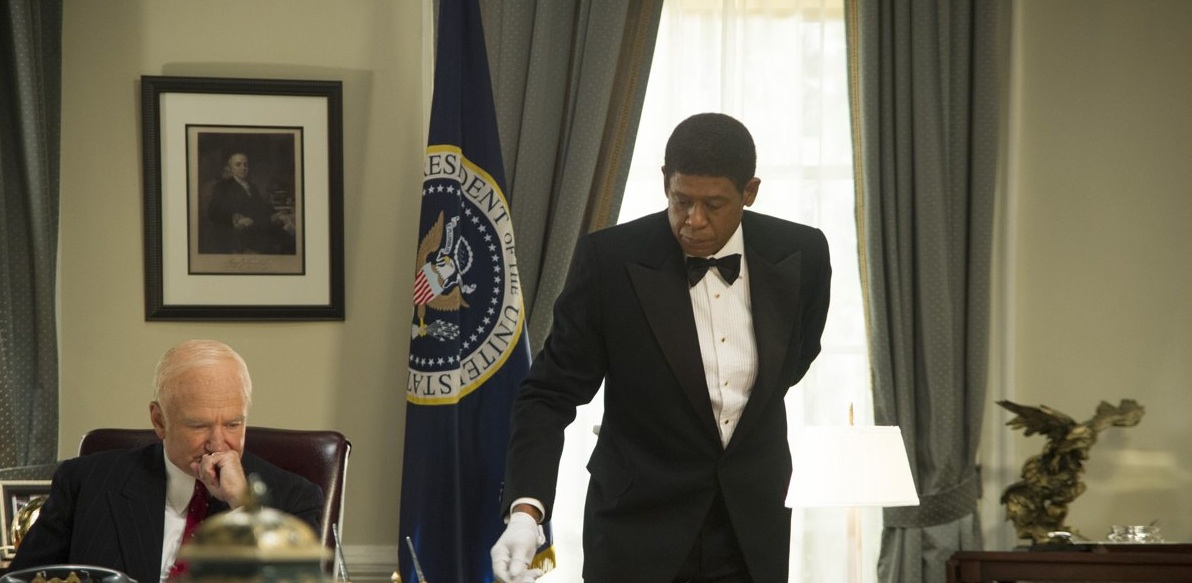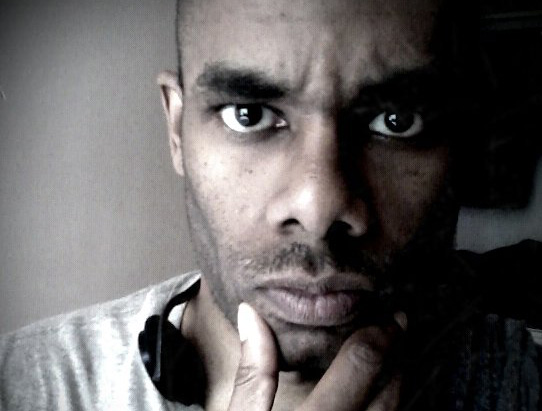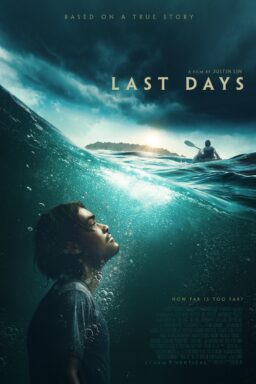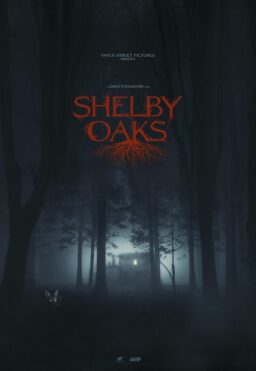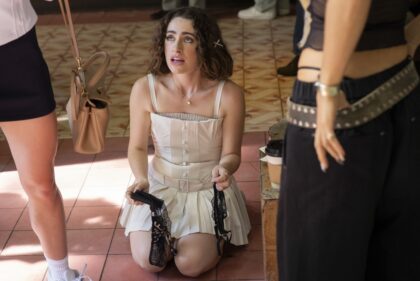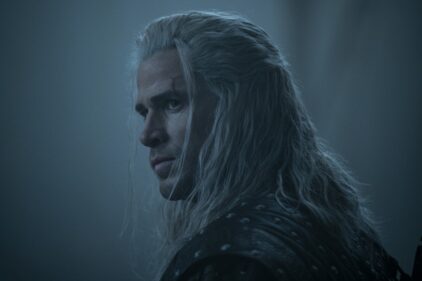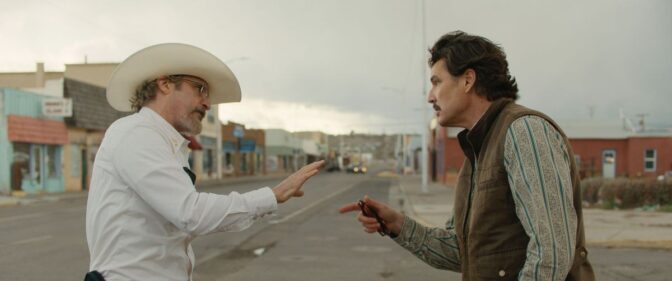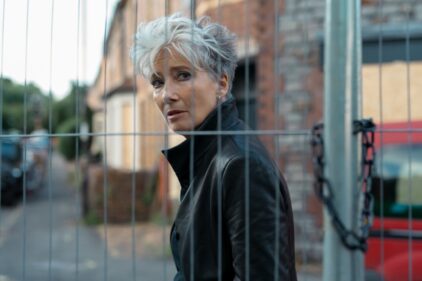This review was originally published on August 15, 2013 and is being republished for Black Writers Week.
When Steve Martin uttered “I was born a poor black child” in the movie “The Jerk“, he was sending up a subgenre of American film a friend of mine dubbed the Why We Be Black movie. Such films explore the sorrows of being a Negro in America with a cornball earnestness that could make you snicker at a lynching or at the sight of yet another black mama in curlers, running out into the street to cradle her bullet-riddled son: “Oh no lawd! NOT MY BAYBEEE!”
“The Color Purple,” arguably the greatest WWBB flick ever made, contains a gorgeous rendition of “Maybe God is Trying to Tell You Something” that sends a church congregation and choir out into the countryside to harmonize with juke joint sinners and sharecroppers. It was a fantasy of restoration: The preacher’s wayward daughter reunites with her father; black folk stop fighting and fearing one another, gathering into something like a family (if not a force, which would be anathema to Hollywood’s unwritten production code).
“Lee Daniel’s The Butler” is a WWBB movie about the centuries-old split between House Negroes (the middle class) and Field Negroes (the working class/underclass), and about the clarifying shocks and upheavals required to heal the rift. Right up front, the filmmakers present a visual metaphor for black grief as horrific and eerily beautiful as the drowned wife in “Night of the Hunter” sitting in a car at the bottom of a lake, her hair undulating like some kind of angelic rays: two dead black men hung high by the neck, facing each other in a sad embrace. There is no snickering at this one.
Yet there’s plenty of snickering and full-on laughter throughout “The Butler,” which Lee Daniels directs in about five styles at once, like a Bollywood maestro. No, it’s not a musical, but it makes plenty of visual music.
Everybody decries comparing mainstream “black” directors, but everybody secretly does it, so, what the hell, let’s play: On the evidence of “The Butler” alone, I’d say Daniels will grow in greater esteem with cineastes than either pioneer Spike Lee or box office champ Tyler Perry. Daniels assimilates their scattershot styles and ambitions into his own alternately operatic, comic book, hyper-realistic, improvisatory and programmatic style. If Quentin Tarantino is a “mixtape” filmmaker, Daniels is a channel-surf director, flipping through several types of TV melodrama with confidence and a sense of righteous purpose—and sometimes even imagination that ranges beyond the cable dial.
Working from the true story of Eugene Allen’s rise from field hand to longstanding White House butler, Daniels and screenwriter Danny Strong attempt to “Forrest Gump” African-American history, from Jim Crow to Obama’s election. Whitaker’s Allen-modeled Cecil Gaines backs into historical moments like Forrest, but what looks like passive obliviousness is just a black man playing one of the only roles that granted him upward mobility in the 20th Century, the unquestioning servant. Gaines learns the value of silence as a boy, seeing his father shot to death for simply objecting to his cotton field overseer taking liberties with his wife (Mariah Carey). Almost every instance where Cecil feels compelled to protest is haunted by this memory. Speak up and you die.
So where’s the funny in all that? Hard on the heels of various horrors. “The Butler” offers good laughs, some deep, some cheap, but most of them intentional and calculated to make the ugly stuff that much more disheartening. Gaines tends to a series of U.S. presidents comically scrambling to keep pace with the times. Soul-searching Eisenhower (Robin Williams), “smooth white boy” (as a butler played by Lenny Kravitz describes him) Kennedy (James Marsden), cantankerous Johnson (Liev Schriber), paranoid Nixon (John Cusack) and clueless Reagan (Alan Rickman, God bless him) all turn to Cecil for advice at some point. (Ford and Carter, often written off as relatively un-presidential modern leaders, appear only briefly in real TV news snippets. Aw, man…) The ridiculous casting is all part of the joke. Strong and Daniels seem to say that whoever Nixon thought he was is just as flimsy a construct as the latex nose Cusack wears like a beak. White supremacy was an illusion it took a nation of millions of black people fearing for their lives and livelihoods to bring off.
Daniels delights in his actors, all of whom accept the challenge of bringing something true and vibrant to their various sketchily written characters with the enthusiasm of celebrity competition-show contestants: Kravitz and Cuba Gooding, Jr. as Cecil’s shit-talking pals on staff in the White House kitchen; Elijah Kelly as Gaines’ youngest son Charlie, but really as every seemingly slow, goofy little brother whose sunburst smile conceals a restless intelligence; Jane Fonda as Nancy Reagan, emblazoning her brief cameo in memory with a swing of her red-skirted hips; Colman Domingo as the hilariously dapper, unflappable White House butler who trains Cecil as if he were sending him to defuse land mines.
What appears to be several cameras on long lenses follow ensemble scenes in a manner once associated with groundbreaking Cassavetes, May or Altman films but is now often the mark of lazy filmmakers hoping to sort things out in editing. Daniels sometimes leans a bit closer to those 70’s mavericks than you might assume. (The editing in these scenes is downright brilliant. Pingpong cutting across screwball-velocity dialogue, quite rhythmic and punchy.) We get to enjoy the group chemistry of Cecil’s house parties, which present him as an average working stiff with a modest house and unpretentious friends (including Terrence Howard as a married skirt-chaser possibly born with a toothpick dangling from the corner of his hound-dog grin). Trained from childhood to be virtually invisible, Cecil is an aloof bumbler in the house, where his wife Gloria (Oprah Winfrey) is the president.
Good lord, Oprah. This woman is a movie star. Why has she stayed off theater screens for so long? Her charisma and genius for making a scene out of a few generic lines and simple actions is one of the film’s certainties. Basically, Gloria Gaines is a woman under the influence, cooped up at home while her man spends most of their prime years working overtime at the White House. She dolls herself up for nights out that never happen and festivities that are usually confined to their living room. A thousand unspoken tensions pass between her and Cecil.
But for every authentic-feeling touch, there are at least two that seem to have been downloaded from the Why We Be Black central server. Daniels’ quirky imagination seems to abandon him when dramatizing funerals, gospel choirs or race riots. In these moments, the music and images wail together predictablyw, deafeningly.
2013 seems to be the year of settling up accounts with American racism and white supremacy at the movies. Last year’s slavery epic “Django Unchained” seems to have unchained a certain thread of history usually confined to Black History Month and “Roots” re-runs. “42” chronicled Jackie Robinson’s fight to integrate Major League baseball. “Fruitvale Station” presented a devastating argument against racial profiling just by imagining the distinct humanity of a young black man who in reality died in a fog of paranoia about his kind. Like those films, “The Butler” may face a slight critical backlash for being a bit too square, glib and essayistic in its pursuit of social justice. It will probably get a lighter sentence from the Critical Court of Complexity because of its comfort food entertainment value.
What isn’t so easily dismissed is the simple story of an estranged father and son at the film’s core. House Negro Cecil is unnerved to find that he has raised a Field Negro, Louis (David Oyelowo), whose coming of age takes us on a tour of the Civil Rights era and the Black Power movement. Electrifying cross-cutting links Cecil’s methodical White House routines (polishing silverware, setting tables with geometric precision) with Louis and his fellow Freedom Riders both rehearsing encounters with racists thugs and actually experiencing them at segregated lunch counters. As the 1960’s come to a close and non-violent resistance seems to yield only strange fruit, Louis and his girlfriend (Yaya Dacosta) become radicalized, turning into the comic book Black Panthers we’ve seen in “Forrest Gump” and Mario van Peebles’ “Panther“. Nixon gives J. Edgar Hoover license to escalate his terror campaign on the Panthers as Cecil stands by silently.
What happens to bring Cecil and David back together takes a series of ludicrous and deeply affecting turns that happen across four decades, until the post-racial candidate of 2008 arrives to restore hope. As with the ending of “The Color Purple”, I wanted to snicker, but I was too busy crying.

